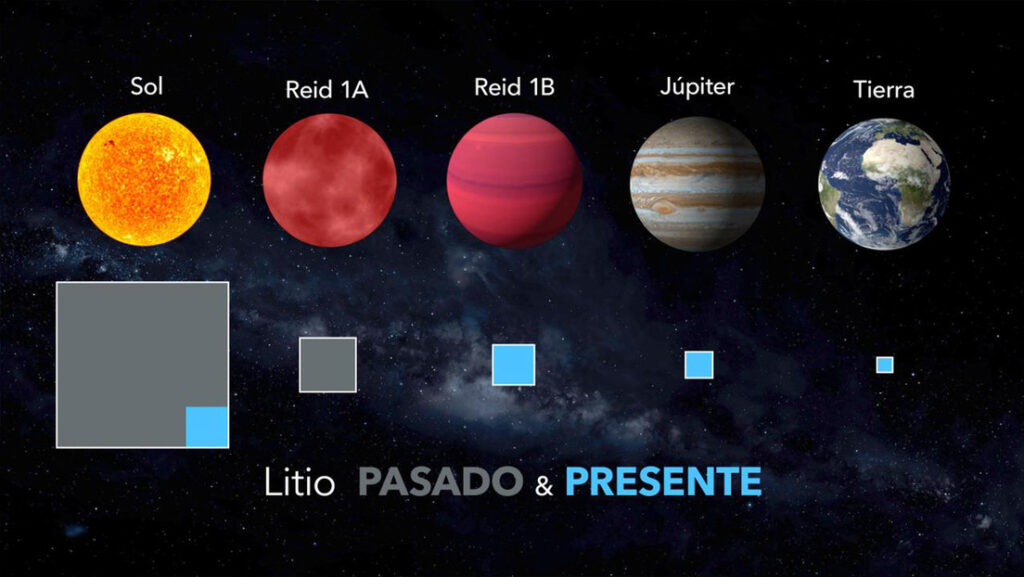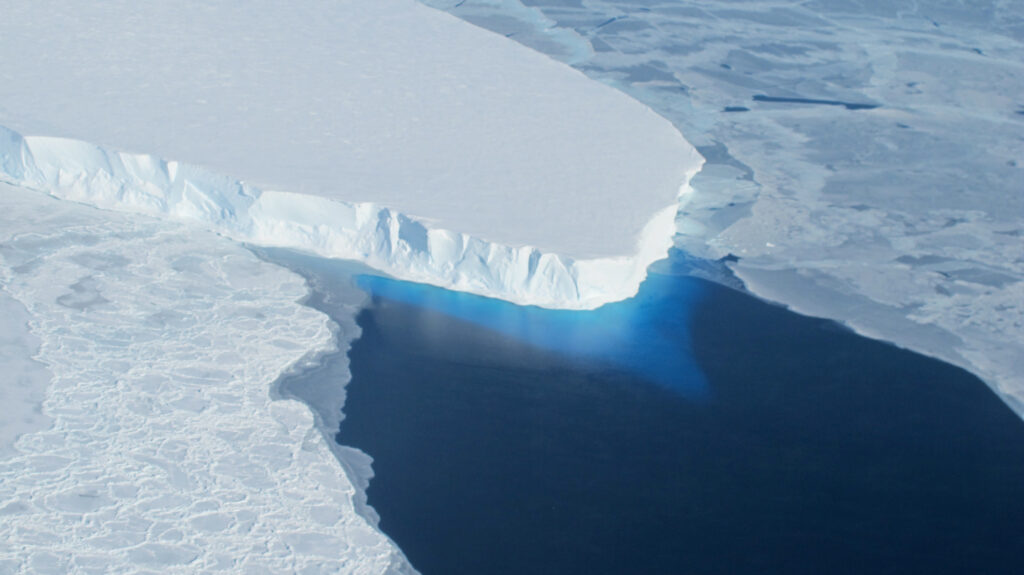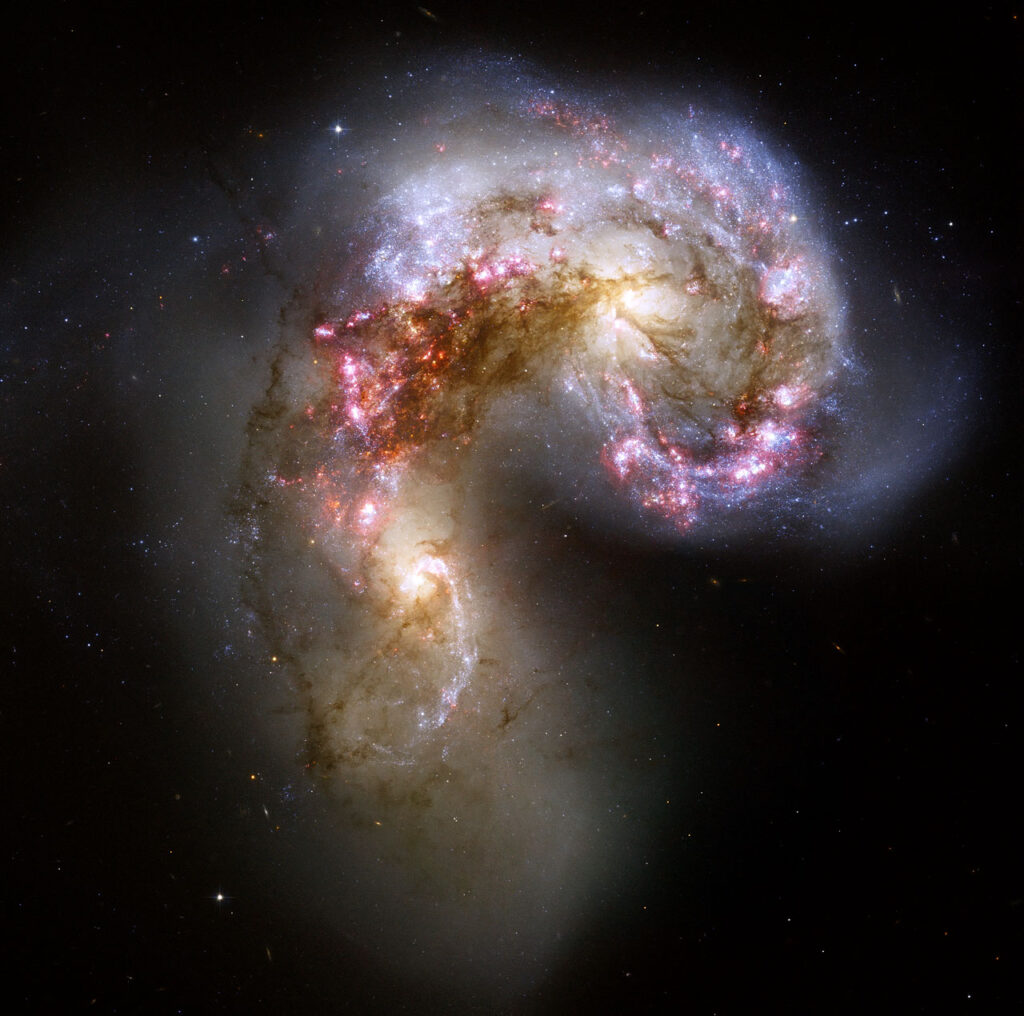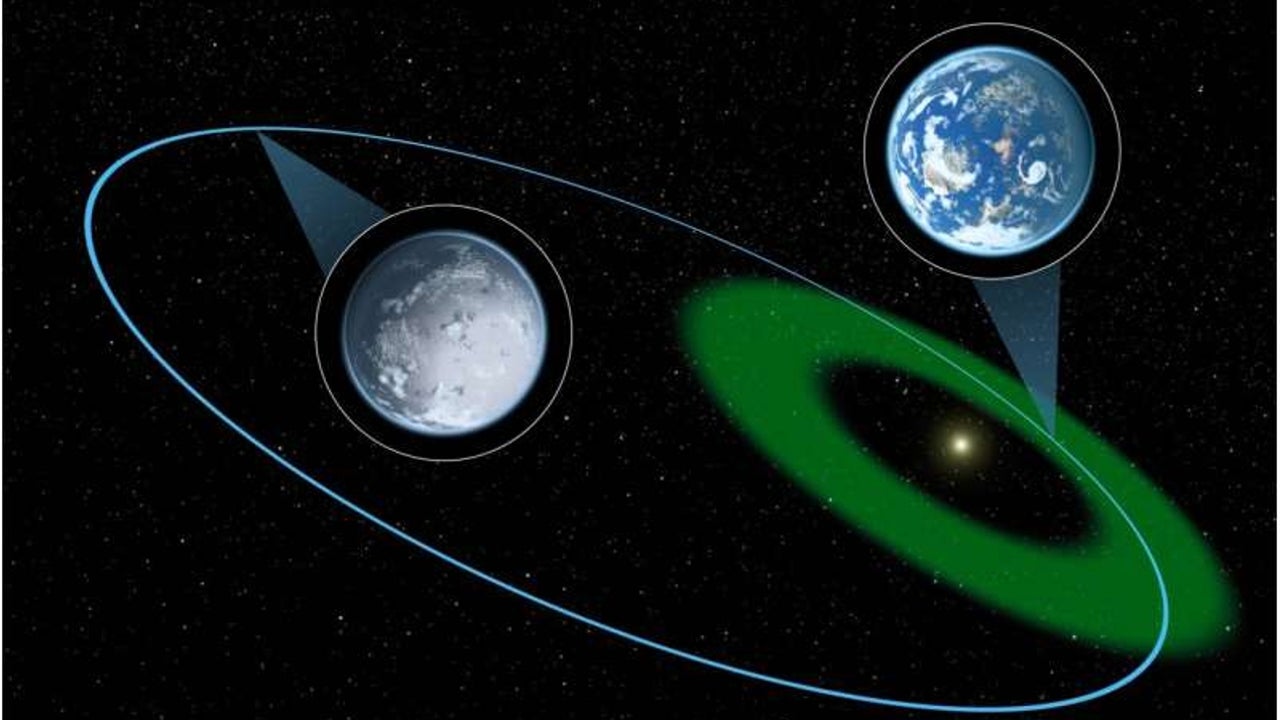
Earth is the only known planet that is habitable enough to sustain living organisms. But, despite being a haven to 8.7 million different forms of life, our planet could be made even more habitable. All that’s needed is just a slight shift in Jupiter’s orbit, states a new study published in The Astronomical Journal.
“If Jupiter’s position remained the same, but the shape of its orbit changed, it could actually increase this planet’s habitability,” says planetary scientist Pam Vervoort, one of the lead scientists of the study.
Scientists have long tried to measure exactly what were the factors that allowed Earth to be in the perfect habitable zone, where water can exist easily. This presence of water was one of the key factors behind the earliest forms of life emerging from the primordial oceans of our planet.
Now, this latest study suggests that Jupiter’s own effect on Earth’s climate shouldn’t be discounted from these equations. Jupiter’s mass, nearly 2.5 times that of all the other planets in the Solar System combined, allows it to exert its influence on other planets even though it is 595.02 million km away from our planet. The gas giant has long been thought to be the reason why Earth has not been hit by stray comets and asteroids more often, with the planet’s gravitational force slinging them out of the Solar System before they could impact the Earth.
However, scientists suggest that any change in Jupiter’s orbit could make Earth much less habitable than it currently is, which could be a wrong assumption.
“Many are convinced that Earth is the epitome of a habitable planet and that any change in Jupiter’s orbit, being the massive planet it is, could only be bad for Earth. We show that both assumptions are wrong,” explained Vervoort.
The scientists found that if Jupiter’s orbit around the Sun was less circular and more orbital, then Earth’s own orbit would become more elliptical resulting in parts of the planet receiving more sunlight and heat. This would allow larger parts of Earth to be in a temperate and habitable range. However, shortening the distance between the biggest planet and the Earth could have the opposite effect as Jupiter would then affect our planet’s axial tilt leading to much harsher and more extreme seasonal changes.
The research paper helps scientists narrow down how gas giants affect the habitability of exoplanets.
Recent Posts
- Astronomers detect first direct image of black hole expelling a powerful jet
- WhatsApp rolling out ‘reply with message’ feature within call notifications
- Multi-Device Pairing May Be Arriving for Apple Watch this Year
- Artificial Intelligence Discovers Hidden Giant, a Planet 5 Times Larger Than Jupiter
- Google CEO Sundar Pichai Talks Bard & The Future Of Search
Recent Comments

Astronomers detect first direct image of black hole expelling a powerful jet

Artificial Intelligence Discovers Hidden Giant, a Planet 5 Times Larger Than Jupiter

Scientists explain melting of Antarctic ice sheet dating back 9,000 years

An Unexpected Discovery: Hubble, ESA's Gaia Spot Double Quasar That Existed Over 10 Billion Years Ago

Astronomers detect first direct image of black hole expelling a powerful jet

WhatsApp rolling out ‘reply with message’ feature within call notifications

Multi-Device Pairing May Be Arriving for Apple Watch this Year


